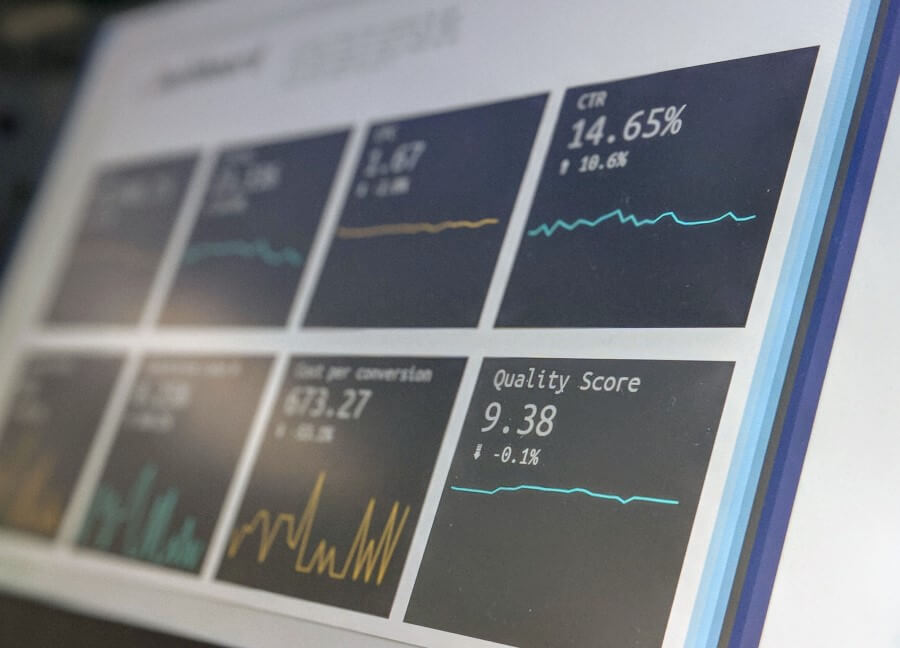
This blog, by Rebecca Riley, focuses on the advantages and pitfalls of data analytics, looking into how to ensure we get the most out of it, the struggles that staff face in keeping up with its rapid evolution and how best to resource it.
On the 10th November, I presented at the 2020 Open Data Institute (ODI) Summit on a panel with the theme of “Data Futures”, considering the question from a number of perspectives. One angle that we explored was “what does the future of data look like for different regions across the UK?”
There has long been a focus on the value of “smart cities” and the UK Government often refers to the “levelling up” of different regions. In the ODI’s work they have seen great examples of innovative use of data across the UK, but sometimes a failure to capitalise on successes.
The challenge is how do we build the data infrastructure required in cities, towns and regions so that we can maximise the value of data whilst minimising any harmful impacts?
In my short talk, I looked at the work done so far for the Office for Data Analytics. What are our plans for the future and where I thought the challenges and opportunities lie?
Challenges and Opportunities
In the West Midlands, we have established an Office for Data Analytics with initial funding through the devolution deal and we carried out extensive research work across partners to understand our ability to “create actionable insight, supporting improved outcomes for West Midlands residents, by informing the Combined Authority decision making”.

What we discovered was that:
- Most agencies deliver reporting and ad-hoc analysis. Some deliver advanced analysis and predictive analytics. Statistics/economic models are used to forecast and inform objectives and several use advanced modelling. But this is a patchwork approach often at a project rather than strategic level and high-end technical activity is in short supply.
- There is a broad landscape of rich data, as well as requests for further sources at a local level with lots of enthusiastic, interested people. However, lack of understanding of the capability and possibility of data and analytics at the senior level means the data infrastructure isn’t invested in, in order to deliver analysis, and there is a proliferation of pilot type use cases rather than systemic investment in good quality data and systems. But this is a task severely underestimated by decision-makers.
- Non-governmental open data sources are not used that often, partly due to risk and also cost, places find it harder to invest in data resources and content beyond the tech infrastructure.
- Information governance and data ethics remains a concern, especially in light of the capability of technology to process large volumes of data, and the impact of human programming on the interpretation of data.
- There is a desire for more consistent use of regional measures and place monitoring. There is a need for a bigger picture understanding to complement the delivery data of individual activities and processes. Bringing this all together to understand place performance.
- There is very little cross-organisation collaboration, due to uneven resources and capabilities, data sharing issues, and more importantly, lack of time to dedicate to it with all the other demands.
- Research we have carried out on the drawing down of resources to deliver any intervention at the local level depends on a region or place’s ability to make a case, to prove a need based on good evidence. Where places don’t have those skills they perform badly on pulling down resources
- The ability to hire and retain skilled staff is a challenge, and good staff are poached and move around the region. The labour market isn’t dense enough to drive innovation and investment, with many organisations carrying vacancies and gaps. Work I have carried out with other sectors also demonstrates that the same skills are in demand elsewhere and the market is competitive and the public sector can’t keep up as every organisation and business adapts to a technology-driven world.
- There is also a misunderstanding about the skills and expertise required, job functions are merged with little understand from strategic leads on the role of an information architect as opposed to a Business Systems Analyst. Often the tech is separated from the interpretation when the demand is for researchers who can apply tech with an army of tech specialists supporting them. The ability to answer the question “What does all this mean?”, is a skill everyone needs, rather than being able to use the latest bit of shiny technology.
All of this is not new and has been a feature of my entire career. The rate of change of technology means staff are always playing catch up, and data sharing has always been an issue due to risk and fear. Skills issues are really related to having people who can take data, interpret it and apply it and these are in high demand.

Innovation in data
There are great examples of innovation, and our work uncovered many including the National Crime Data Centre in the West Midlands and the Data Insight Group at TFWM both of those examples however share something in common. They are embedded within the strategy, programme and performance part of the organisation. They directly influence the development of interventions and actions. Too often organisations see data as a tech solution that sits in IT support, rather than a key strategic function which helps you understand your environment, the issues you need to tackle, what options you can take and how you monitor the outputs and outcomes of your actions.
This means the work may not influence delivery as well as it should, it also makes it difficult to demonstrate effectiveness and use as projects become peripheral to real change. So looking at other data analytics functions, the successful ones are those that are embedded and leading change, not the ones focussing on lots of pilot use cases or small peripheral investments.
Change takes visionary leadership, which means local authorities, combined authorities have to invest in the infrastructure (hard and soft) to make real change. Levelling up should enable and facilitate places to do this to improve overall performance.
The greatest challenge we all face is in our data future is skills and building our capacity to grow our data future. At City-REDI / WM REDI, we are developing a digital strategy which focusses on the data skills capacity through looking at how we fund innovation projects, graduate placements, apprenticeships and investment in the capacity in the region. We have won funding from Research England for WM REDI to drive the next stage. Key to this is drawing skilled people in and training up those who live here. We have a focus on the labour market by pooling other resources at our disposal and looking at how we build the workforce of the future whilst delivering information and intelligence needed now to inform strategy with the capacity we have.
The future will only bring more challenges and we as individuals need to be prepared.
This blog was written by Rebecca Riley, Administrative Director for City-REDI / WM REDI, University of Birmingham.
Disclaimer:
The views expressed in this analysis post are those of the authors and not necessarily those of City-REDI or the University of Birmingham
